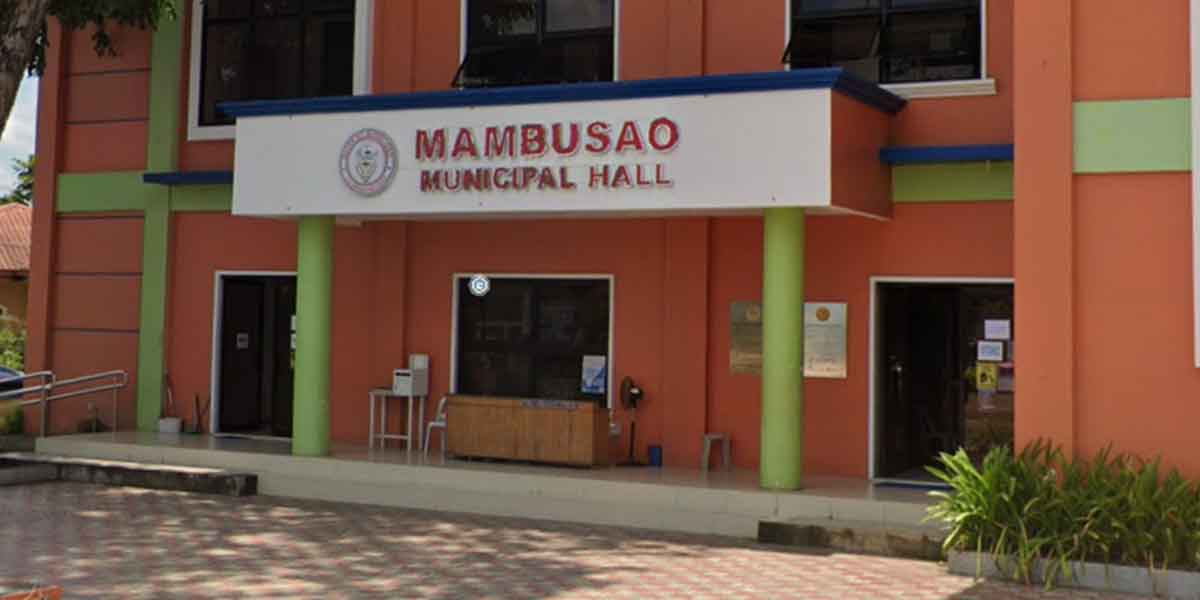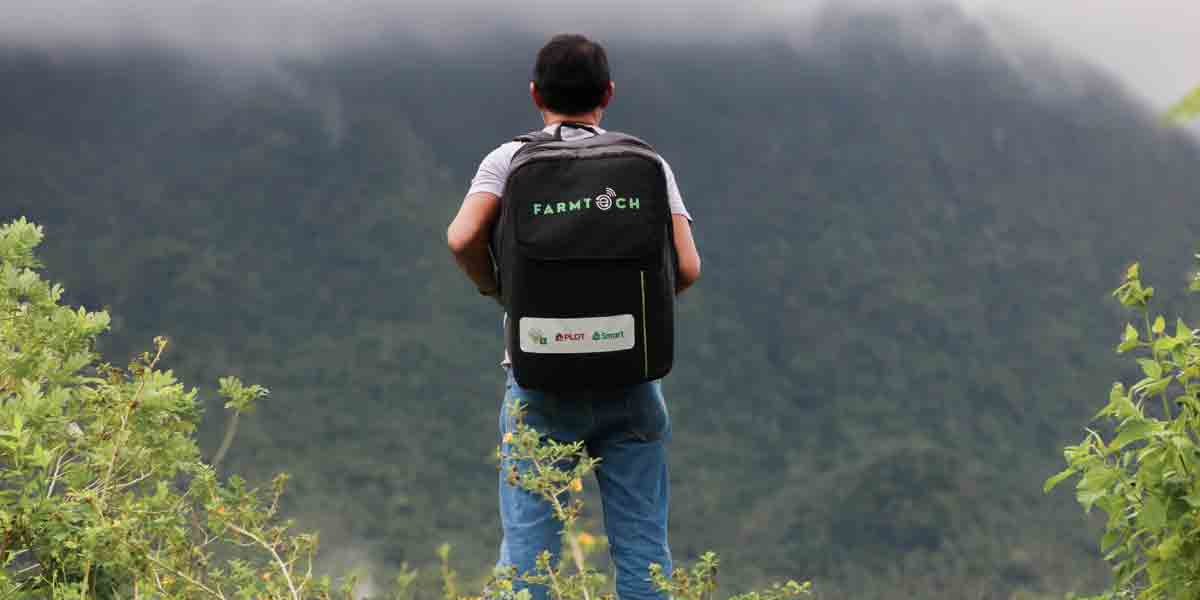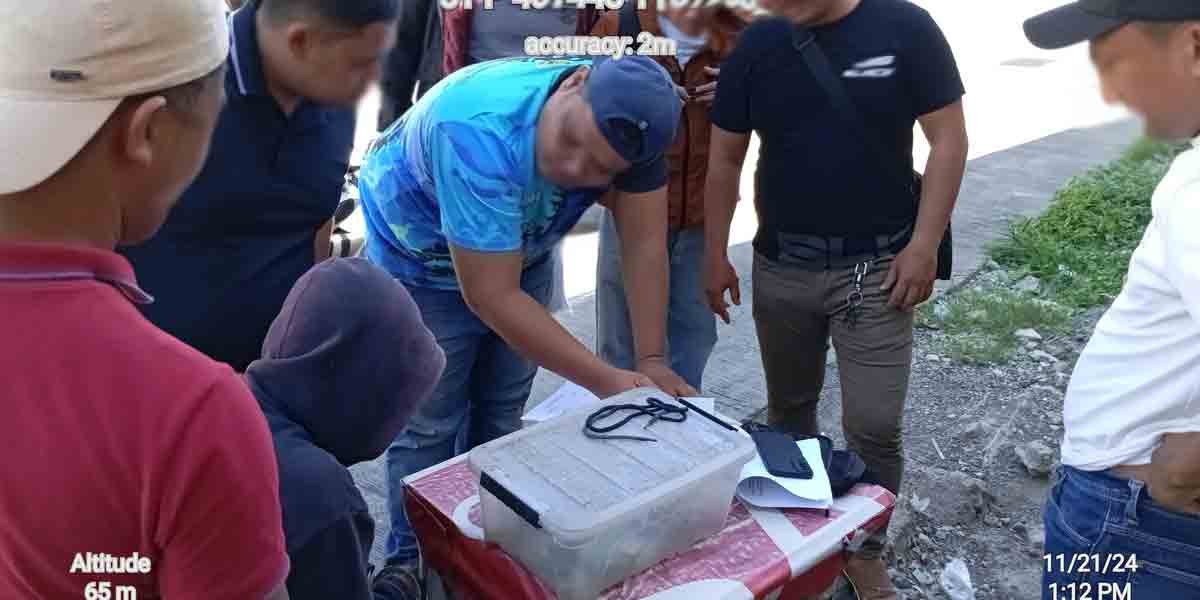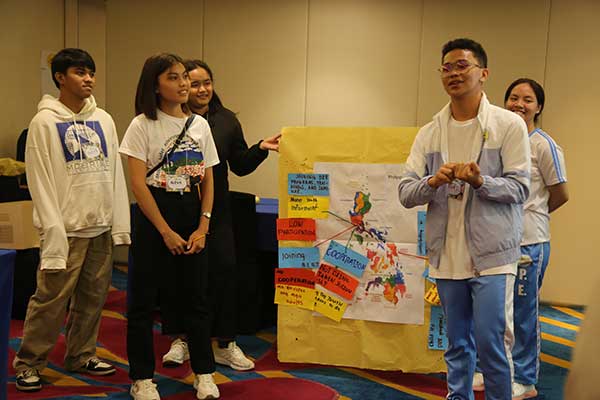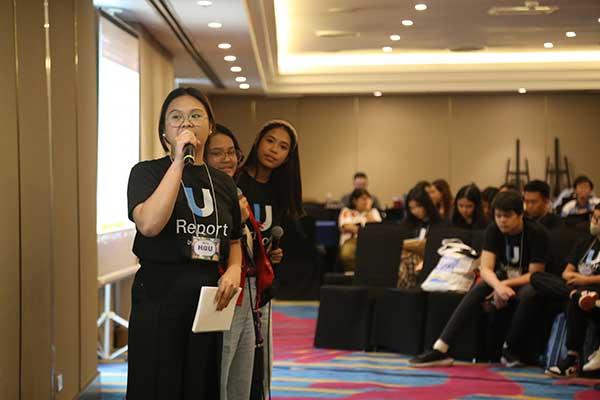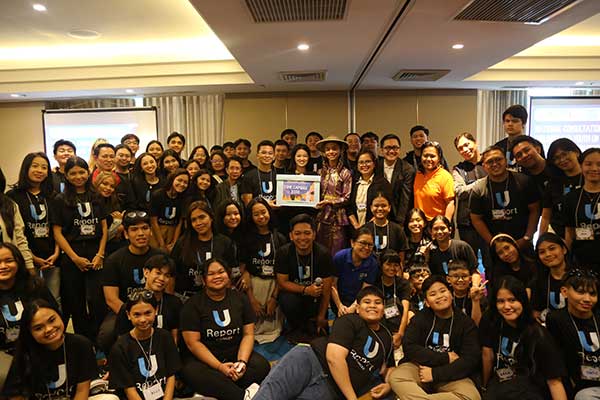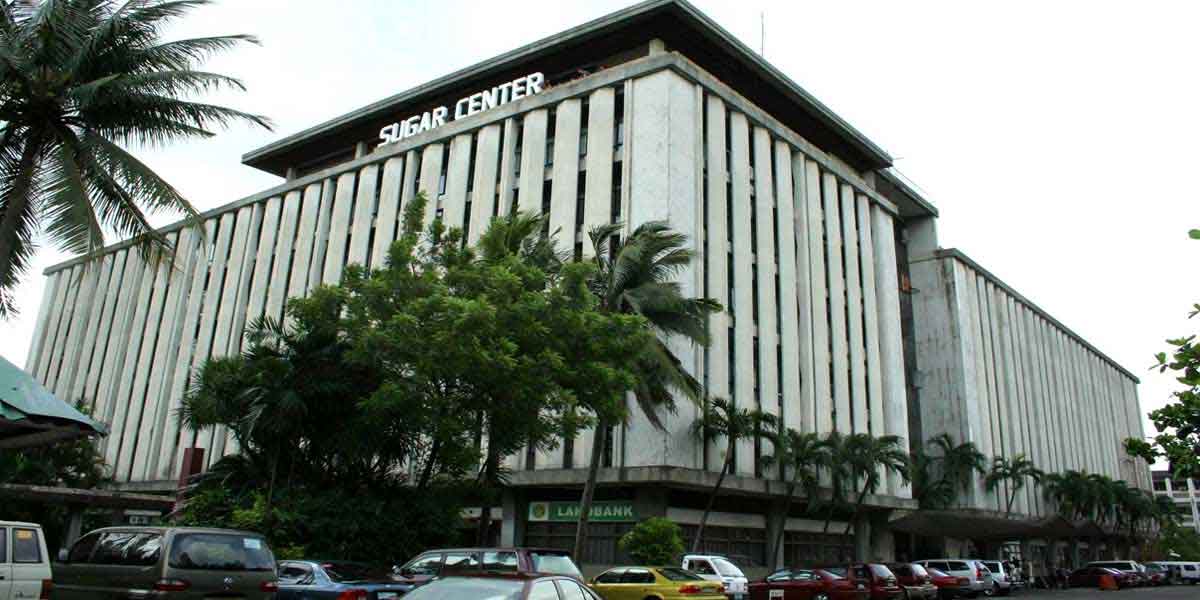Young people in the Philippines are demanding a larger role in disaster risk reduction (DRR) initiatives, urging policymakers to invest in and support youth-led programs aimed at building climate resilience.
The call was issued by more than 50 children and youth, aged 10 to 24, ahead of this week’s Asia-Pacific Ministerial Conference on Disaster Risk Reduction (APMCDRR) in Manila.
In a collective statement, youth representatives stated, “We, children and youth of the Philippines, are not at fault for the climate crisis but suffer disproportionately from disasters. Nonetheless, we have demonstrated our capacity to become agents and catalysts of resilience and climate justice… We call on duty bearers to take decisive actions for and with children and youth and vulnerable groups towards resilient communities, schools, public infrastructure, and climate justice.”
These voices will be brought directly to regional leaders and DRR stakeholders at the APMCDRR, running from Oct. 14 to 17, marking a pivotal moment for Filipino youth advocates to present their vision and recommendations for climate justice and DRR.
A Growing Demand for Inclusion
Youth leaders argue that their inclusion in DRR strategies is not only vital but overdue. “Children and the youth are often seen merely as ‘victims’ of climate-induced disasters. However, when given the space to participate in addressing the climate crisis, we can actively contribute and identify solutions,” said Paul Daniel Serrano, 20, from Kabataang Resilient Network. “The future belongs to young people, and our voices deserve a place in shaping it today.”
Despite being disproportionally affected by climate change, youth often lack access to resources and platforms needed to amplify their role in resilience efforts. Justin, 14, a member of the Batang Empowered and Resilient Team of Save the Children Philippines, stressed the importance of youth representation in decision-making. “Lahat tayo ay may karapatang marinig, ma[kapag]voice-out ng ating mga suhestiyon sa pagtugon sa mga sakuna at sa climate crisis,” he said. “Adults, youth, and children: our opinions are valid. We must be heard, and no one should be left behind.”
Youth-Led Climate Action and Needs
The U-Report Philippines poll by UNICEF indicates strong enthusiasm among Filipino youth to engage in DRR, with 34% of 700 respondents wanting more information, 26% seeking training, and 10% expressing a desire to volunteer. However, barriers like limited access to information (27%) and insufficient adult support (8%) pose challenges to these aspirations.
Despite the obstacles, youth remain committed to making a difference. “We are children, but we are not just children,” said 16-year-old Datu Aimann from World Vision Development Foundation. “We commit to participating in activities that provide accurate information on disaster risk reduction and climate change.”
Rinoa Dela Cruz, 20, with Plan International Pilipinas, highlighted the urgency for youth-led climate advocacy. “Today’s youth have the power to shape the environment that we want to live in. As the next generation of leaders, we should take the lead in demanding climate justice for our fellow youth and children,” she said.
Calls for Systemic Support and Inclusive Governance
Youth advocates are calling for systemic changes to make DRR inclusive and sustainable. Their commitments reflect the four priority areas of the Sendai Framework, focusing on understanding disaster risks, strengthening governance, investing in resilience, and enhancing disaster preparedness.
Their appeals include participation in policymaking at local levels, investment in resilient public infrastructure, and integrating disaster risk and climate education into school curricula. Specific legislative support, like backing for the Climate Accountability Act (CLIMA) Bill, is also emphasized to ensure industries are held accountable for environmental impacts.
Makati City Mayor Abby Binay acknowledged the critical role young people play, stating, “Your voices are the driving force behind the change we seek. [The youth] will shape the national agenda and resonate at the APMCDRR. You are not just participants; you are leaders.”
Broadening Access and Building Resilience
Filipino youth face a range of climate-induced risks, with 25% of survey respondents identifying injury and 20% noting physical and mental health impacts as common disaster consequences. With many also affected by disruptions to education, the youth are asking for broader access to DRR training and resources, while pledging to educate peers and engage in community planning.
Their statement calls on the government, civil society, and private sector to address barriers to youth engagement in DRR, fund resilient infrastructure, and support grassroots initiatives that foster inclusivity. “Climate change impacts us all, regardless of who we are. We must come together to tackle this issue as a unified force,” said Rey Anthony Soco, 24, an advocate from Talibon, Bohol.
As the APMCDRR unfolds, youth voices in the Philippines are being elevated, with leaders committing to support children and youth-led efforts that advance climate justice and safety for all.




